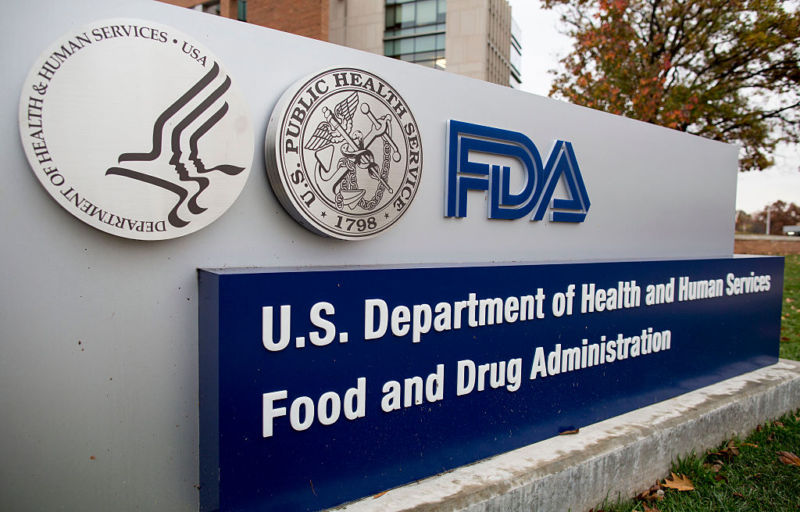rapid review —The regulatory agency is drawing on its experience with annually tweaked flu shots.

With concerning coronavirus variants erupting around the world, the US Food and Drug Administration is ironing out how to rapidly review vaccine tweaks that better protect against the mutants—and the regulatory agency is turning to its experience with annual flu shots to do so.
In a statement late Thursday, the regulatory agency said it is actively hashing out what kind of “streamlined” clinical data makers of authorized COVID-19 vaccines could submit. The agency expects to have a draft of its guidance in the next few weeks.
The announcement suggests that makers of authorized vaccines will not be required to submit reams of data from large, months-long clinical trials, as they did for their initial authorizations. Still, data on any altered vaccine—however pared down—would still have to be enough to convince FDA scientists that a next-generation shot is safe and effective against variants. Vaccine alterations may include changes to the initial vaccine design or additions of new vaccine components, the FDA said.
So far, the FDA has issued emergency use authorizations for two COVID-19 vaccines, an mRNA-based vaccine made by Moderna and another by partners Pfizer and BioNTech. (The FDA is now reviewing an EUA application for a third candidate, made by Johnson & Johnson, which is a non-replicating adenovirus-based vaccine.) Both mRNA vaccines showed around 95 percent efficacy in massive international Phase III trials. However, those trials were conducted prior to the rise of concerning variants, some of which appear to be able to evade immune responses. Early clinical data does indeed suggest that vaccine efficacy will be reduced by the currently emerging variants—though not eliminated entirely.
The FDA emphasized this last point, writing, “To be clear, while we continue to develop an understanding of and address any impact of variants on FDA-regulated products, at this time, available information suggests that the authorized vaccines remain effective in protecting the American public against currently circulating strains of COVID-19.”
“We must prepare”
But it’s also clear that the pandemic coronavirus, SARS-CoV-2, is continuing to evolve, becoming more transmissible and able to evade immune responses. We’re likely to continue to see concerning variants arise. “We must prepare for all eventualities,” FDA acting Commissioner Janet Woodcock said on a call with reporters.
To prepare and develop its new guidance, the agency is drawing on its experience with annual flu shots. “Influenza vaccines and diagnostics are often modified each year to address the predicted predominant strains circulating globally. The agency has created and used regulatory processes that facilitate these updates,” the agency wrote. “We will utilize our experience with influenza to help inform a path forward if SARS-CoV-2 variants emerge against which currently authorized vaccines are not sufficiently effective.”
Moderna, Pfizer, and BioNTech have all said they are looking into tweaking their current vaccines to better protect against emerging variants. Their mRNA-based vaccine designs make this a relatively easy process. The vaccine works by delivering to human cells the genetic blueprint for a key SARS-CoV-2 protein—the spike protein. From there, the cells translate the code into protein, which then trains the immune system to detect and neutralize the virus.
The variants seen so far have critical mutations in their spike proteins, so updating the vaccines is mostly a matter of making small changes to the blueprint delivered to cells. BioNTech’s CEO has previously said that the company could carry out such tweaking in just six weeks.
Similarly, GlaxoSmithKline announced this week that it has partnered with German biotech firm CureVac to help bring its mRNA-based vaccine to market—and begin work on the next generations of the vaccine to protect against variants. GSK and CureVac said they are working on developing a “multivalent” mRNA-based vaccine that could potentially protect against multiple variants at the same time.

